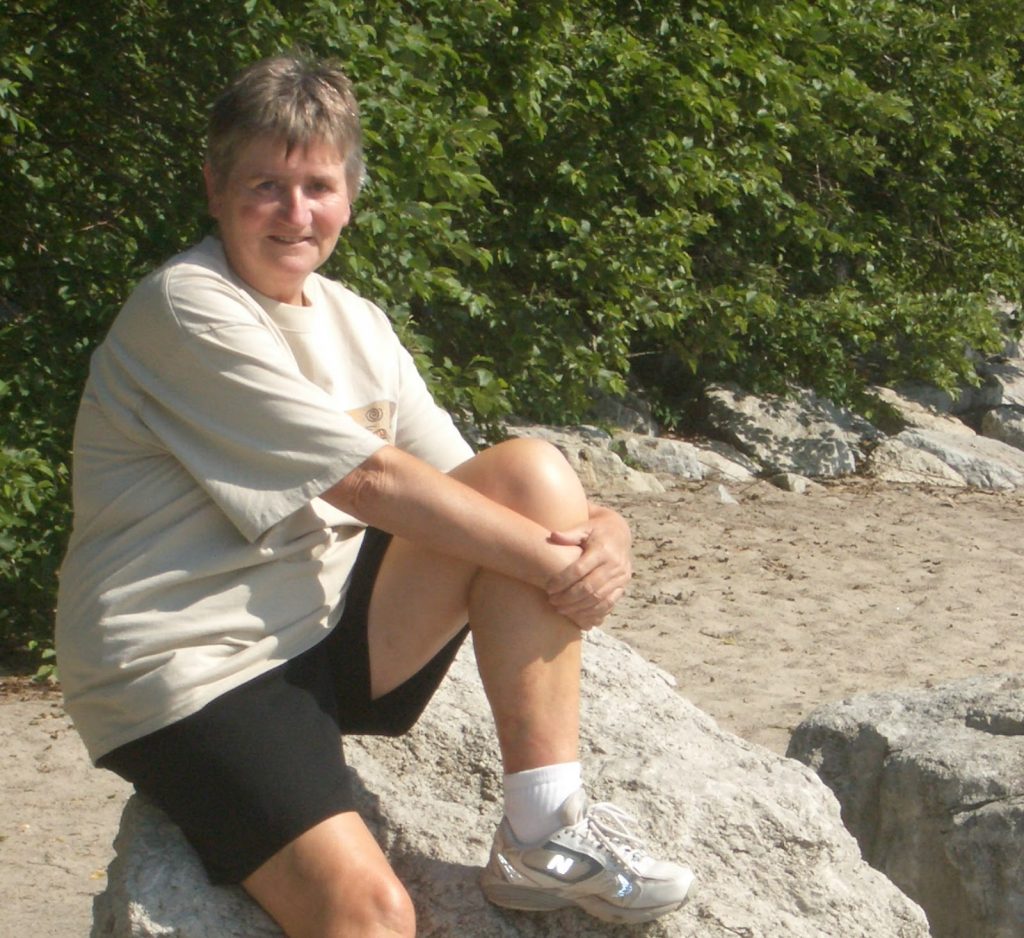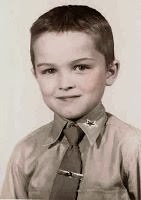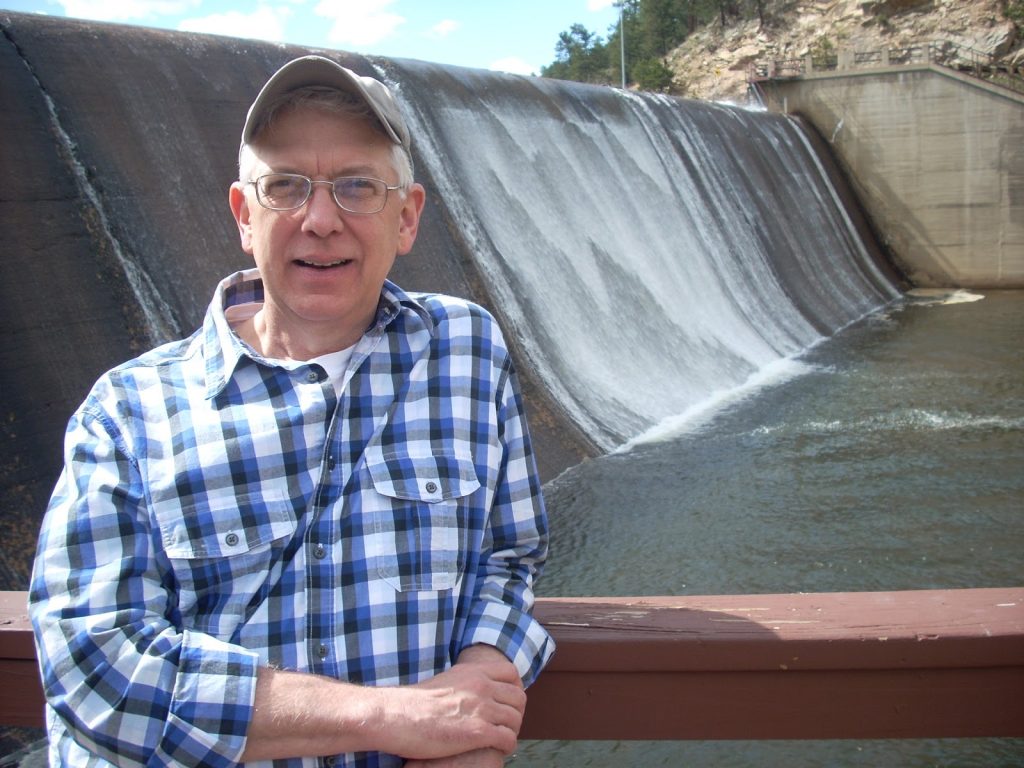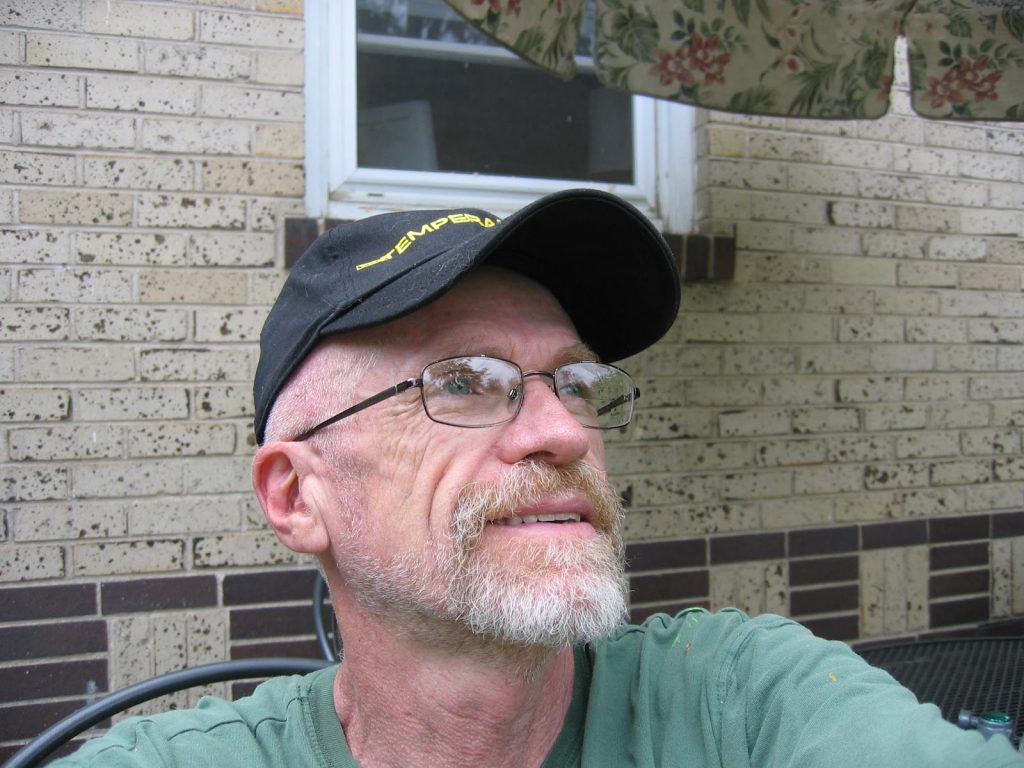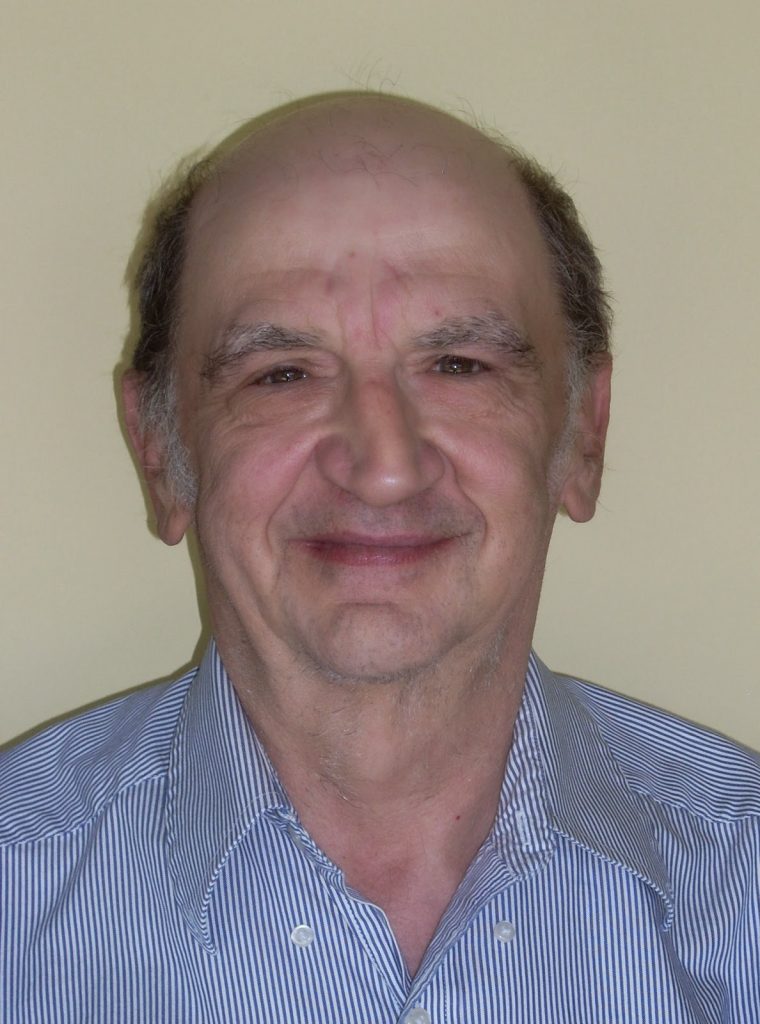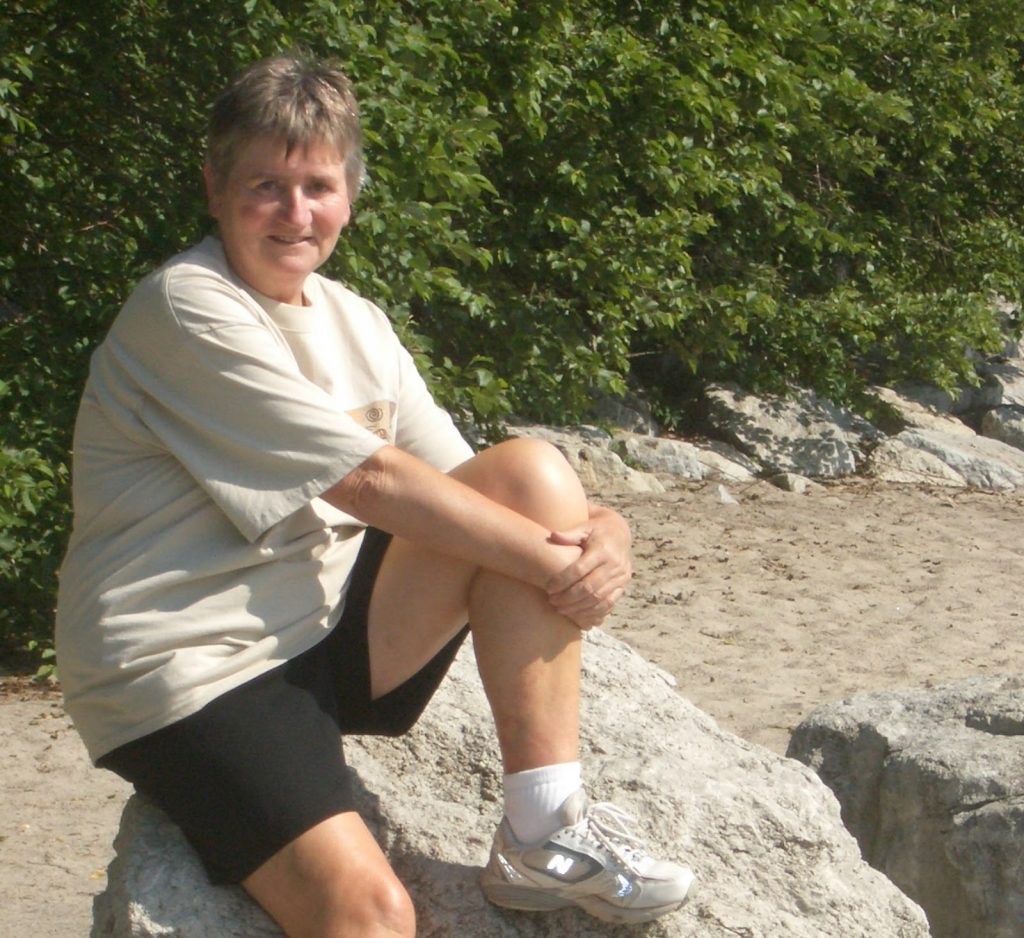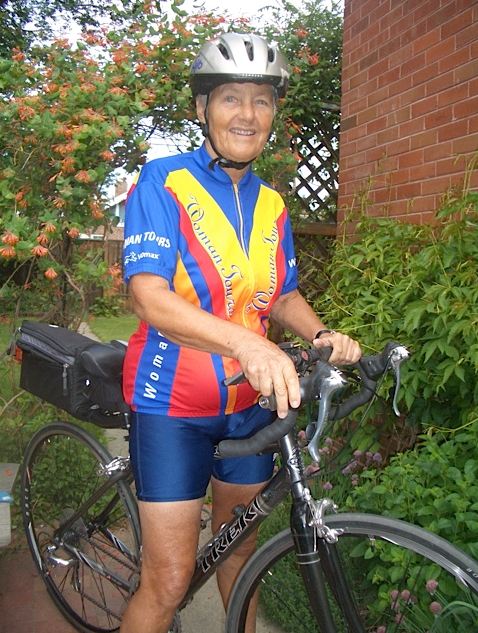The cure for boredom is curiosity. There is no cure for curiosity ?
Wikipedia
I thought of simply copying the first part of last week’s story, Forbidden Fruits, replacing the words bigotry and prejudice with the word boredom, because I can no more relate to boredom than to bigotry, and I’m sure that in great part I have my parents to thank for it. They were never bored, I’m sure, and naturally it rubbed off on me. They were never bored because they reveled in tiny insignificant things. When I came across the above quotations, I wondered if it was all about curiosity, but I think not, at least not with Mum and Dad. It was simply, with them, more the Wiki way. They indeed had an intense interest in their surroundings: whatever, wherever.
I’m not claiming that nothing is ever boring; but you don’t have to become it’s victim and be bored. There are endless cures available.
“Look at that!” said my dad, in awe.
A tiny ant labored over the muddy lumps of clay at Dad’s feet, carrying an upright blade of grass as if shouldering a gun, except to be in scale a man would have to march with a rifle about 300 feet long.
“Oh, look!” breathed my delighted mother, “A Red Admiral!” One of Britain’s more common butterflies so not a great discovery, but a thing of beauty nonetheless. “Oh, those colors!”
She would stop whatever she was doing and watch every move the creature made until it flew off, just as Dad studied the progress of the ant.
It wasn’t that they were simply lovers of nature. I see them, looking back, yes, possibly through rose-colored glasses, as lovers of everything. (Except, sadly, of each other, but that’s yet another story.)
Dad would study a newly-purchased car part, or Mum a new batch of wool, in every detail; running their hands over it, caressing it, getting to know it. Appreciating it. My dad would listen to the sounds of the engine in the old tractor driven by our neighboring farmer, as intently as my mom would listen to the sounds of her pupils playing beneath her classroom window.
During, and for several years after, World War II, gas was severely rationed and our old car rested on blocks behind the house. Dad looked after it as if we were off in it on Sunday to see the Queen.
“It’s still here,” he told me one day, answering an unasked question, apparently with little regret. I understood, then, that the value of something was that it was there: to be appreciated, loved, revered; from an ant to an automobile.
The cure for boredom is curiosity. There is no cure for curiosity.
Ellen Parr
An aunt put the icing on this particular cake for me. Perhaps, coming from my parents, I might have rejected, if only subconsciously, this love for the detail that was now, as children so often fail to respond positively to their parent’s values. But I spent several much-loved summer holidays with my aunt and uncle in the north of England. My uncle was at work most of the time and he was, incredibly, even more silent than my father, so he did not loom large in my life. But my aunt, she held me in the palm of her hand. Anything, with her, was an adventure. We roamed the moors, a la Wuthering Heights, although neither of us was on any search for Mr. Heathcliff.
Who needed anyone or anything? Everything was at our fingertips.
We wandered beside streams, sitting on the grassy banks to examine the flowers fluttering there; never to pick them, just to look. We had a tiny brass-rimmed magnifying glass through which we peered, sometimes with great difficulty in the wind and rain. My aunt would never permit any adventure to be missed or even curtailed by the mere fact of atrocious weather. On sunny days we’d lie on the spongy moss-covered hillsides, listening to birds sing while watching others glide on the thermals above us. It was my aunt who first inspired my fascination with geology. She had taught herself some of the basics, and would scoop a handful of rounded, shiny, wet pebbles from a stream-bed and sift them through her fingers, searching for anything from a kind of rock or fossil she could maybe identify, simply to one that looked like a frog, or a cow, or my uncle! Waiting in the cold and rain for an overdue bus, she would examine in detail the grain of the wood making up the bench we stood beside, it being much too soggy to actually sit on. Or she made up silly names and acronyms from the license plates of passing cars, the same way my mother did. Looking back at it now, I suppose they must have once done this together, as little girls growing up at the time of the first appearance of cars on the country roads.
Looking back to thank the older generations for what they gave me, I’m forced to wonder about today’s youngsters. With that multiplicity of gadgets they should never be bored, but I’m not so sure. With their multi-tasking high-speed lives, do they ever have the time, or indeed the inclination, to sit silently and listen to the breeze? And yet, perhaps it doesn’t matter. Every generation has its own way of embracing life, and come to that, each person deals with it in a unique way. However it’s accomplished, my sincerest wish for everyone is that they may never ever be bored. It has to be the greatest possible waste of the privilege we are given, to inhabit, albeit for a fleeting moment, this beautiful, incredible, planet.
And as a postscript, I stumbled upon this quote, so it looks as if no one in this room need ever be bored, at least according to William S. Burroughs, who proclaims,
In the U.S., you have to be a deviant or die of boredom.
May, 2014
